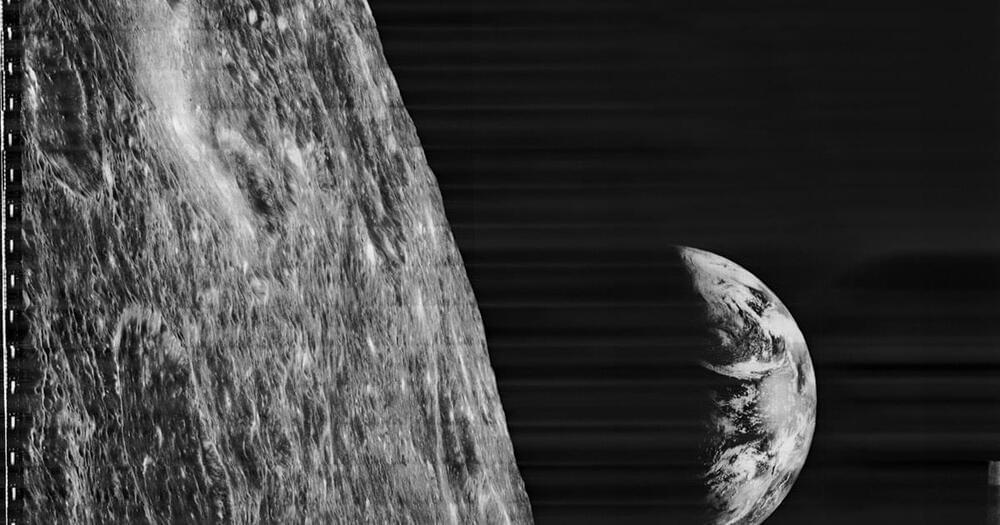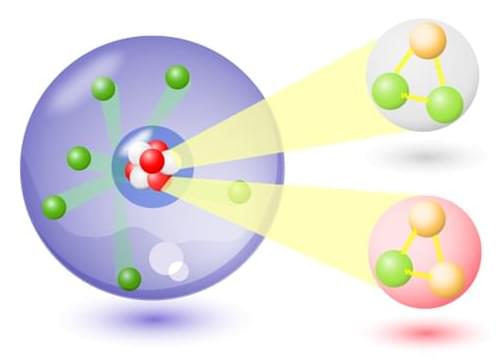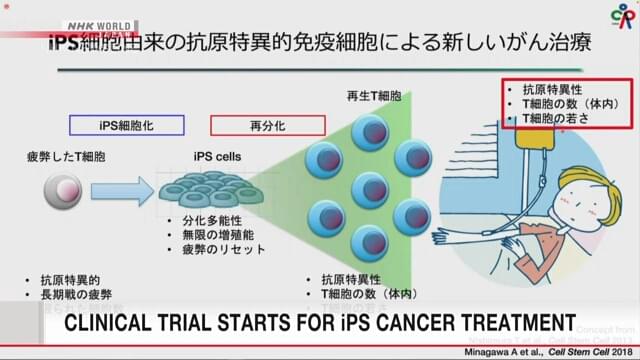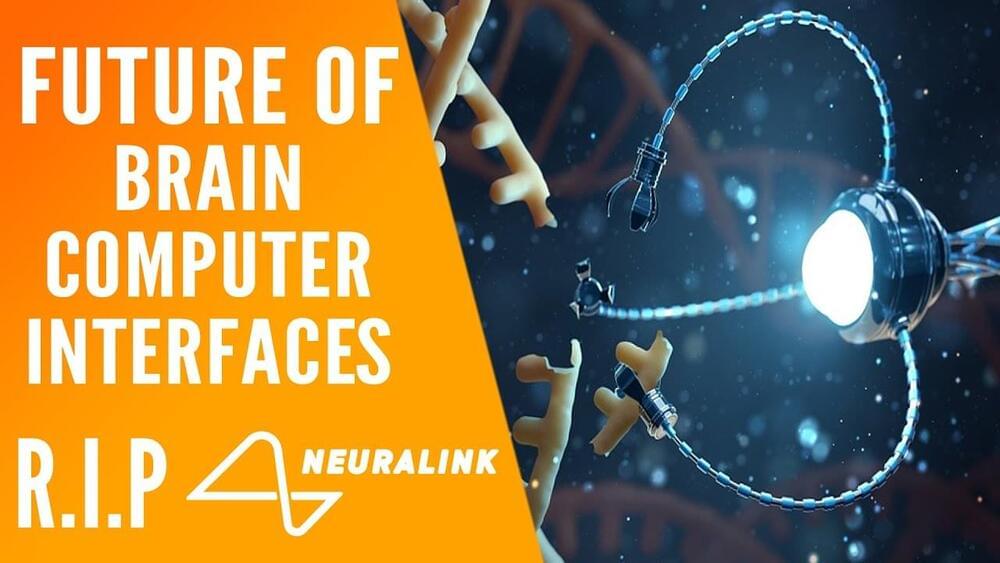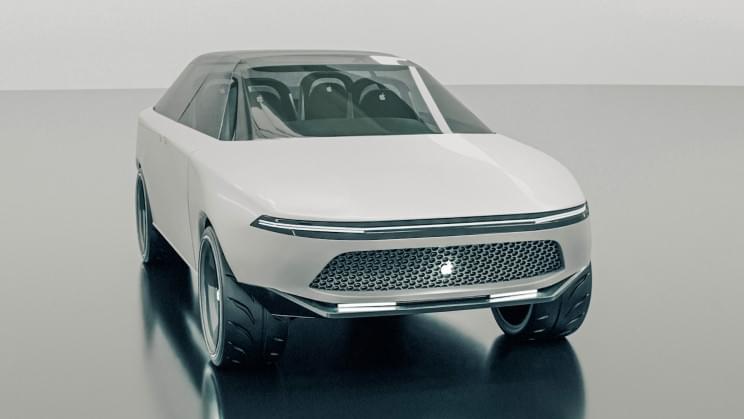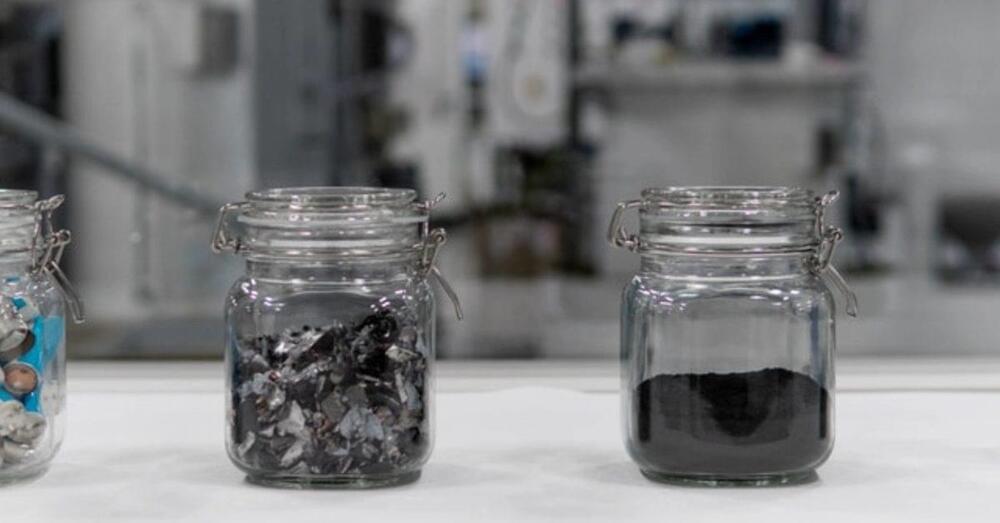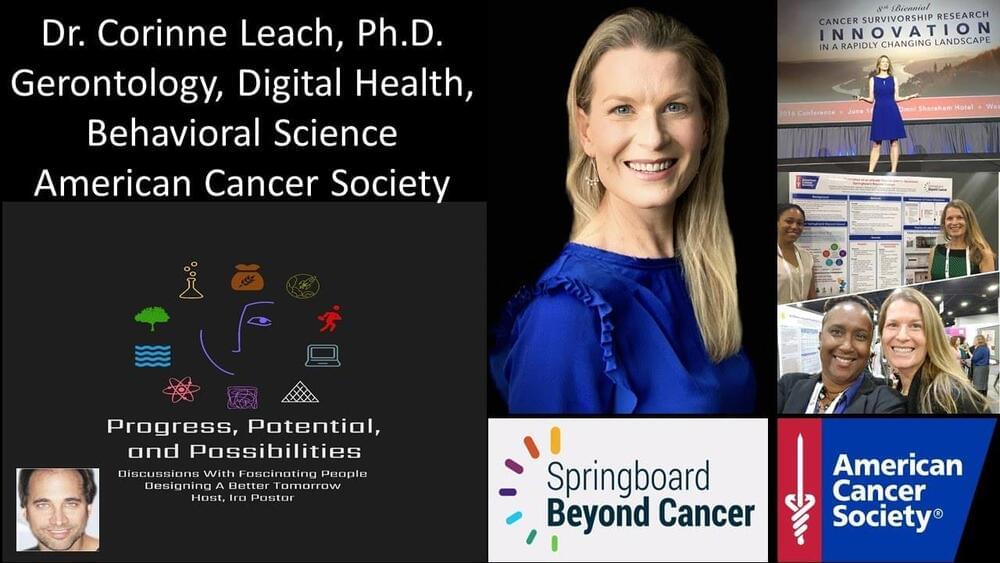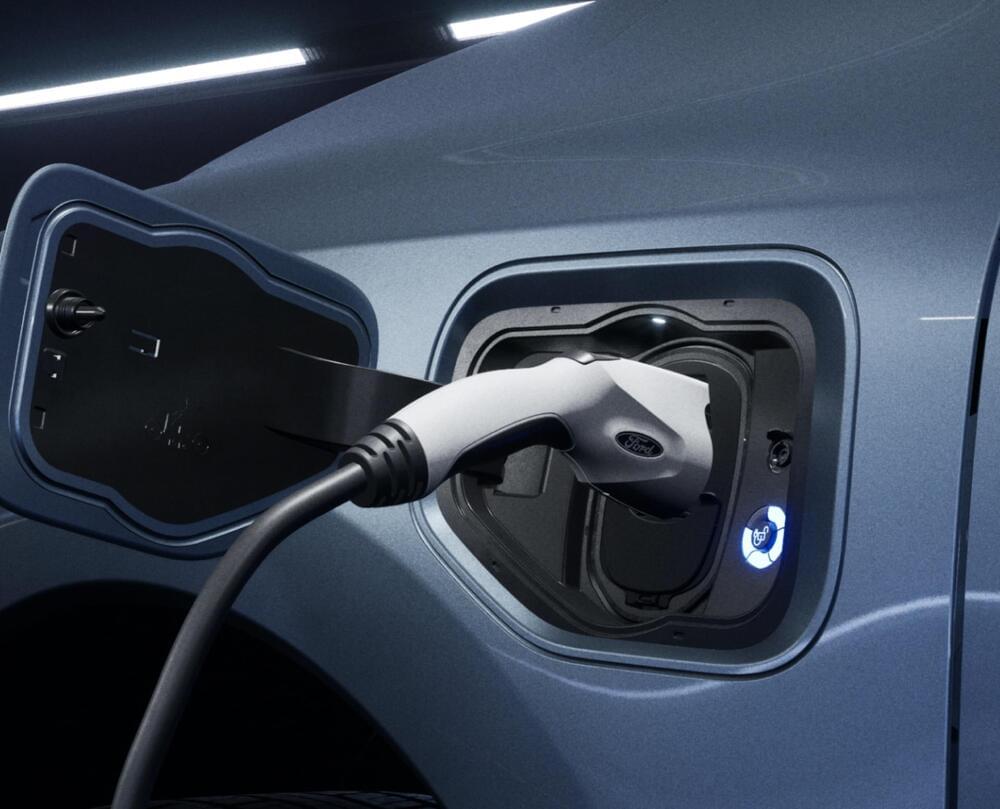A new study examines Kamo‘oalewa, one of Earth’s quasi-satellites that may have been ejected from the Moon in a collision that flung it out of our system.
The first ever simulation of baryons on a quantum computer is reported by the University of Waterloo.
Researchers in Japan say they have started a clinical trial of ovarian cancer treatment involving immune cells created from induced pluripotent stem cells, or iPS cells.
The team of researchers from the National Cancer Center Hospital East and Kyoto University’s Center for iPS Cell Research and Application made the announcement in an online news conference on Thursday.
The iPS cells used in the treatment are capable of developing into any kind of cell. A gene that reacts strongly to a protein unique to a certain type of ovarian cancer is inserted into iPS cells to create natural killer cells. These NK cells will then be injected into the ovaries of patients with this type of ovarian cancer.
Elon Musk’s revolutionary company Neuralink plans to insert Computer Chips into peoples brains but what if there’s a safer and even more performant way of merging humans and machines in the future?
Enter DARPAs plan to help the emergence of non-invasive brain computer interfaces which led to the organization Battelle to create a kind of Neural Dust to interface with our brains that might be the first step to having Nanobots inside of the human body in the future.
How will Neuralink deal with that potential rival with this cutting edge technology? Its possibilities in Fulldive Virtual Reality Games, Medical Applications, merging humans with artificial intelligence and its potential to scale all around the world are enormous.
If you enjoyed this video, please consider rating this video and subscribing to our channel for more frequent uploads. Thank you! smile
–
#neuralink #ai #elonmusk.
–
Credits:
https://www.youtube.com/watch?v=PhzDIABahyc.
https://www.bensound.com/
When is the next eclipse? In the early hours of Friday, November 19, 2021 a lunar eclipse will come to North America–as well as to South America, Australia and East Asia.
But it’s not quite what you think.
Sure, the nearly full Moon will turn a reddish, orange-ish, brownish color for a few hours, but this lunar eclipse is going to be rather odd.
Full Moons occasionally turn reddish because they move into Earth’s vast shadow (umbra) in space. This one will not. Or, at least, not entirely.
Full Story:
According to real patent-based renders.
With Apple remaining tight-lipped on the Apple Car, another company decided to bring us the closest thing to an official reveal. Vanarama, a car-lease broker based in the U.K., has developed an incredibly detailed series of renderings of the Apple Car based on real Apple patents, a report from Digital Trends reveals.
The rumor mill surrounding the Apple Car has been going for several years now, though speculation reached new levels last year when reports emerged that the tech giant could produce its own electric vehicle (EV) by 2024. Earlier this year, the announcement of a partnership between EV automaker Fisker and iPhone manufacturer Foxconn added fuel to the fire.
Imagine a world in which smart packaging for supermarket-ready meals updates you in real-time to tell you about carbon footprints, gives live warnings on product recalls and instant safety alerts because allergens were detected unexpectedly in the factory.
But how much extra energy would be used powering such a system? And what if an accidental alert meant you were told to throw away your food for no reason?
These are some of the questions asked by team of researchers, including a Lancaster University Lecturer in Design Policy and Futures Thinking, who—by creating objects from a “smart” imaginary new world—are looking at the ethical implications of using artificial intelligence in the food sector.
Northvolt announced that it has produced what it claims is the first battery cell with a cathode built “100% from recycled nickel, manganese, and cobalt.”
Northvolt is a battery startup founded by two former Tesla executives who worked on Tesla’s first Gigafactory in Nevada with Panasonic.
The Swedish startup received investments from several companies, including Volkswagen, to build a massive battery factory in Sweden.
Innovation At The Intersection Of Cancer & Aging, Via Digital Health & Behavioral Sciences — Dr. Corinne Leach, Ph.D. American Cancer Society
Dr. Corinne Leach, PhD, MPH, MS, is a gerontologist, digital health strategist, and behavioral scientist, who serves as the Senior Principal Scientist, Behavioral Research, at the American Cancer Society (https://www.cancer.org/).
Dr. Leach, leads survivorship research on behalf of the Population Sciences group, serving as the Principal Investigator of the American Cancer Society (ACS) survivorship cohorts, and as the ACS-lead for the ACS-National Cancer Institute online self-management platform, Springboard Beyond Cancer, a novel eHealth tool that empowers cancer survivors to better manage their cancer-related symptoms, live healthier, and improve their communication skills about cancer (as well as other health conditions), during and after treatment.
Ford and Purdue University researchers have developed a new charging cable the automaker claims could allow future EVs to recharge in as little time as a gasoline fill-up.
The patent-pending design uses a new cooling method that harnesses the phase change of coolant from liquid to vapor, Ford said in a press release. Liquid-cooled charging cables aren’t new, but this version can extract more heat, the automaker claims.
A focus on cooling is key to increasing charging speeds. Quicker charging requires more current to travel through a cable, which in turn generates more heat, which needs to be eliminated to keep components functioning, Michael Degner, senior technical leader, Ford Research and Advanced Engineering, said in a statement.
